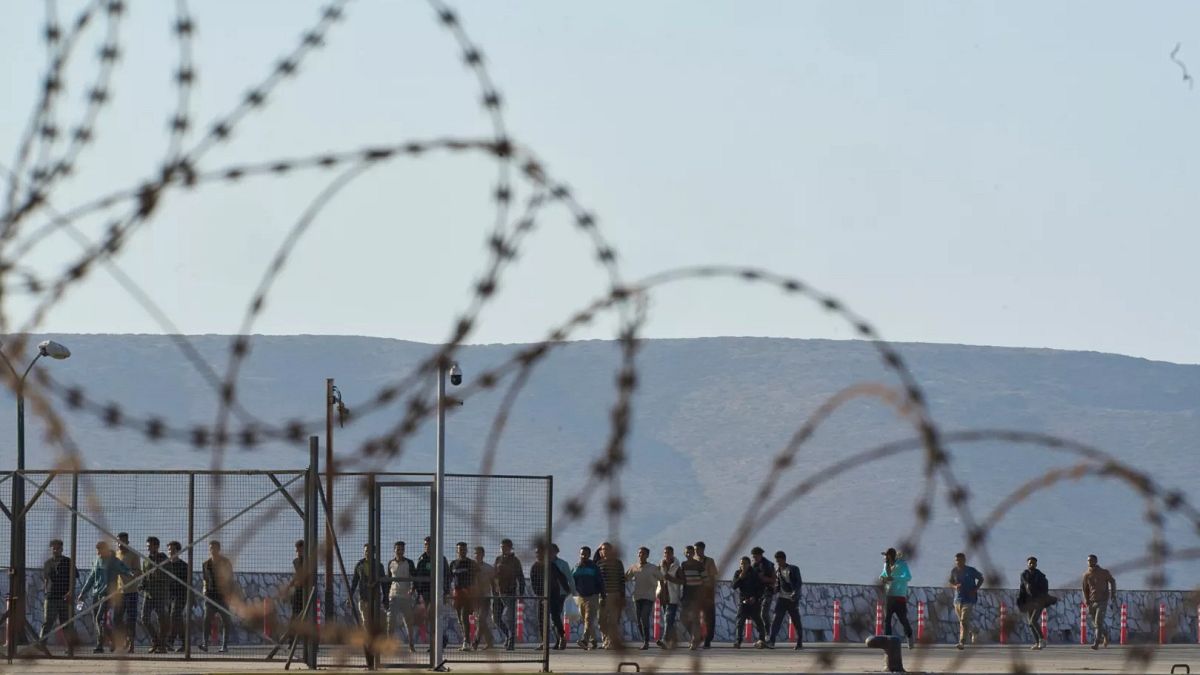

In recent days, a series of significant events have unfolded across the world, reflecting the complex tapestry of international relations, migration challenges, and public advocacy. From leaders meeting to address migration in Europe, to protests in Australia advocating for Palestine, and the nuanced geopolitical dance of energy economics, these stories offer a glimpse into the ongoing narratives shaping our global community.
In Rome, leaders of Italy, Turkey, and Libya convened to address the persistent issue of migration flows across the Mediterranean Sea. The challenge has been exacerbated in recent years, with the United Nations refugee agency reporting that over 32,400 refugees and migrants made the perilous journey from Libya to European shores in 2021 alone, a figure more than double the previous year. These discussions aim to promote collaborative strategies that respect humanitarian needs while addressing the concerns of increased migration pressures on European countries.
In a significant diplomatic move, Slovenia has become the first European Union member state to halt weapons trade with Israel. This decision highlights Slovenia’s robust stance within the EU, having recognized a Palestinian state and consistently advocating for a ceasefire in Gaza while supporting increased humanitarian aid deliveries. Slovenia’s actions serve as a catalyst for ongoing debate within the EU about the bloc’s role and responsibilities in international conflict resolution and human rights advocacy.
Turning to Australia, the scenic Sydney Harbour Bridge became a backdrop for a powerful demonstration as nearly 100,000 individuals gathered to march in solidarity with Palestinians in Gaza. Despite challenging weather, the protest saw participation from notable figures, including Julian Assange, former Australian Foreign Minister Bob Carr, and various other public personalities. The event underscored the global resonance of the Gaza conflict and emphasized the universal call for peace and humanitarian empathy.
Organized by the Palestine Action Group, the peaceful protest emphasized unity and the need to uphold the movement’s anti-racist ethos, promoting awareness and understanding without tolerating discrimination in any form. While the march was eventually curtailed by authorities due to safety concerns, the event succeeded in amplifying diverse voices advocating for justice and humanitarian support for those affected by conflict.
In the realm of energy and economics, India’s steadfast decision to continue purchasing oil from Russia has stirred discussions on international trade dynamics and geopolitical alliances. This decision arises amidst looming U.S. sanctions targeting Russia’s trading partners due to the ongoing situation in Ukraine. Indian oil refineries have prioritized economic pragmatism, focusing on price, the grade of crude, logistics, and broader economic factors, reflecting the intricate balancing act nations face in aligning economic needs with diplomatic pressures.
Collectively, these global events paint a rich portrait of the international landscape, where challenges and opportunities intertwine. As nations grapple with these complex issues, collaborative dialogue, peaceful advocacy, and pragmatic policy decisions emerge as crucial pathways to address the diverse needs and aspirations of our shared global community.
Source: {link}
